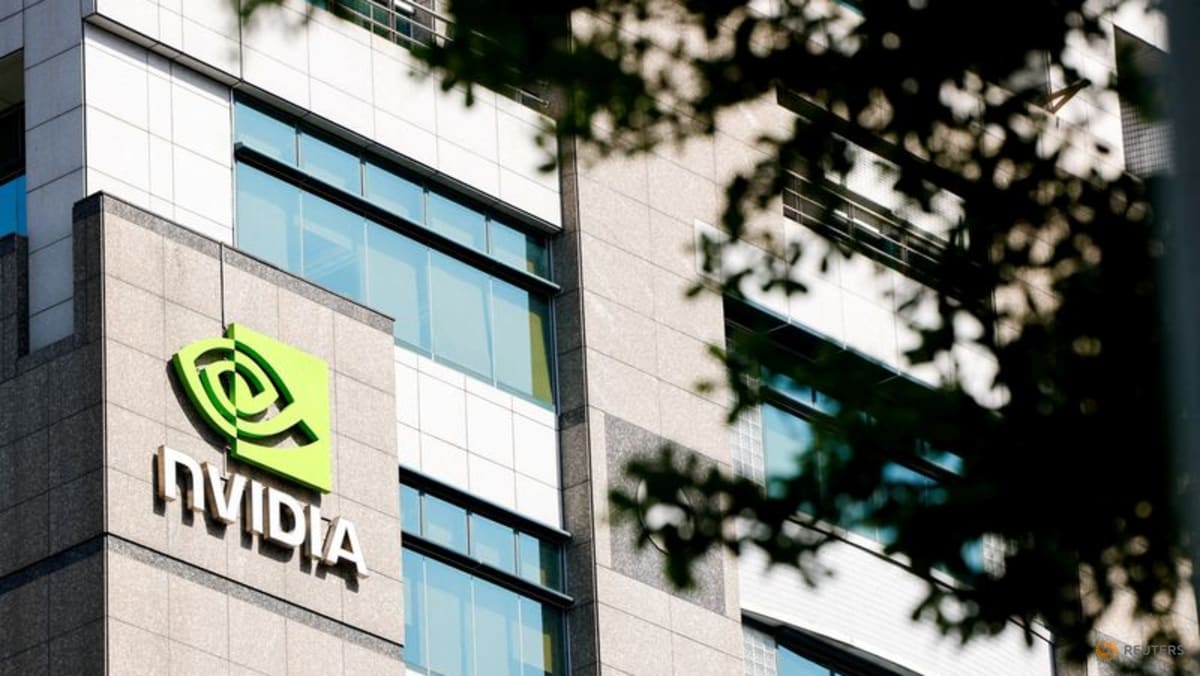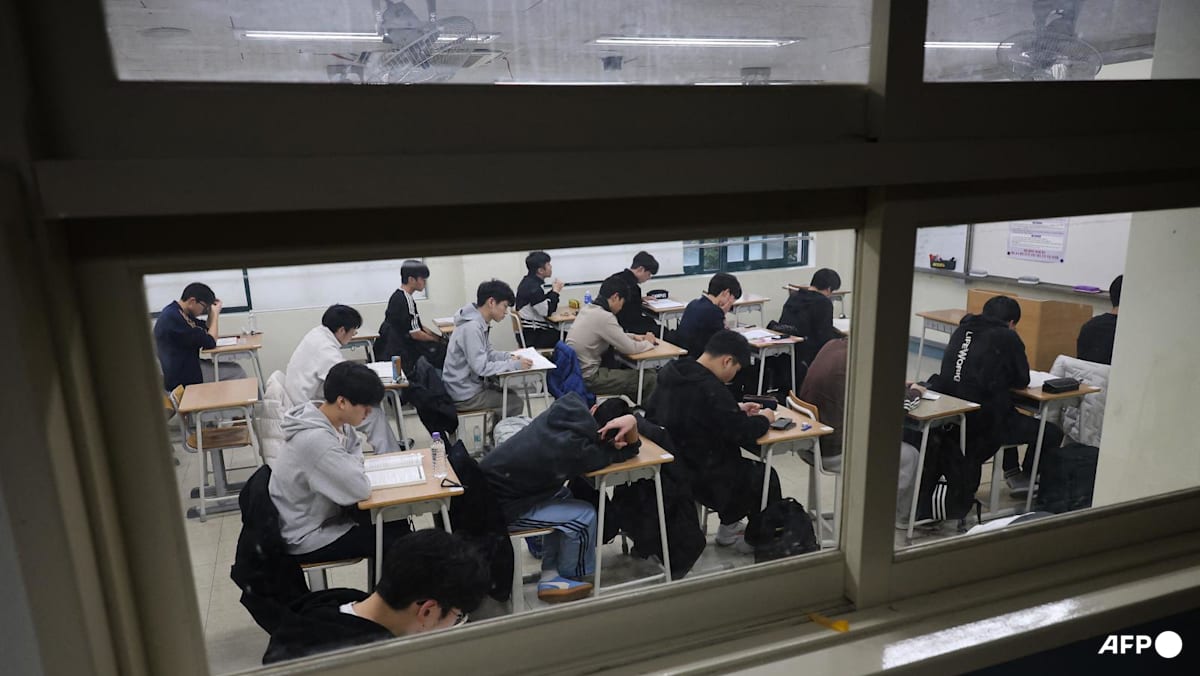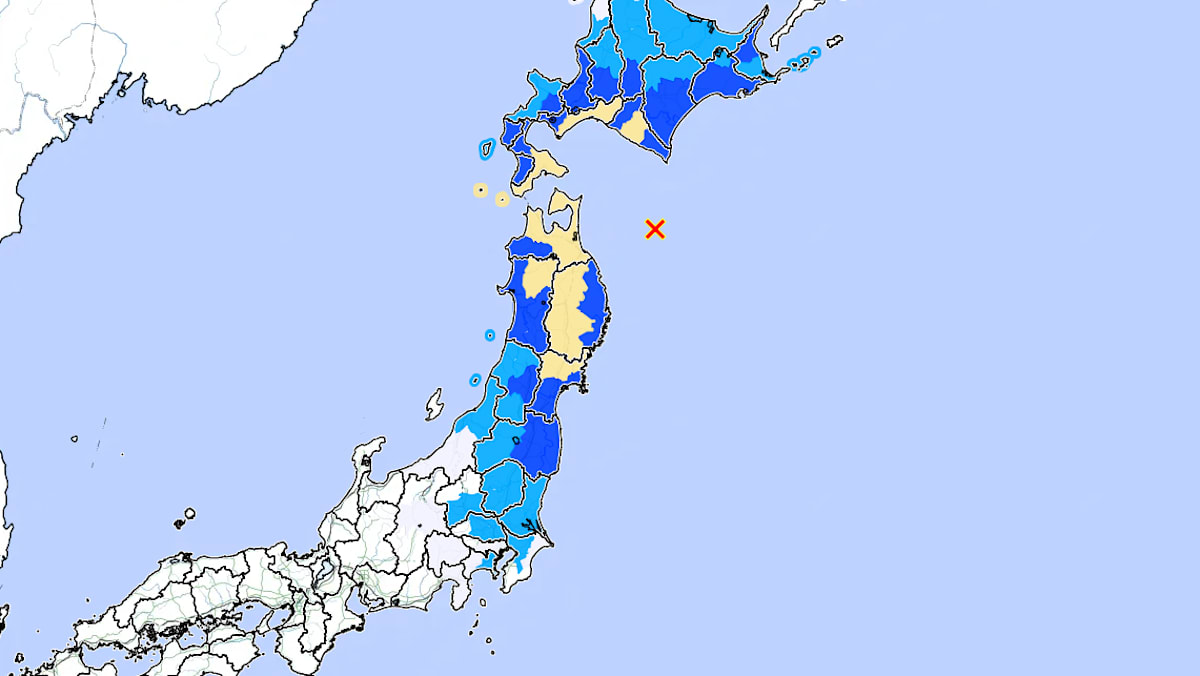‘Huge mistake’: Ishiba’s Japan premiership hangs by a thread after election gambit backfires, say analysts

WHAT HAPPENS NOW?
The LDP-Komeito bloc will need a third coalition partner to secure a simple majority in the 465-member Diet, Japan’s national legislature.
Possible partners are the Democratic Party for the People (DPP) with 28 seats and the Japan Innovation Party (Ishin) with 38.
But some analysts said forming a coalition with the LDP is unlikely to be a popular choice.
“You go into a coalition with the LDP, and then you lose your identity, and you get blamed for all the LDP things that are not popular, along with them,” said Professor Emeritus Ellis Krauss from the University of California San Diego’s School of Global Policy and Strategy.
“You’re better off staying outside and cooperating, but not joining the actual government.”
Kotaro Tamura, an adjunct professor at the National University of Singapore’s Lee Kuan Yew School of Public Policy, said he instead expects a “policy-by-policy deal cutting”, where the LDP lobbies lawmakers on individual bills.
CAN ISHIBA CLING ON TO POWER?
Prime Minister Ishiba’s position now hangs in the balance as doubts swirl over whether the ruling bloc can secure a victory with potential coalition partners.
But analysts said the biggest challenge for Ishiba could be his own party.
Nishimura said factions within the LDP might not be united behind Ishiba, especially after he excluded key conservative members who were favoured under the late former prime minister Shinzo Abe.
“That gamble to appeal to voters backfired. Now, he faces the disgruntled members (who may be) calling for his removal, or at least this gives them stronger power to perhaps water down or push back on some of the policies that (Ishiba) may want to push forward,” he told CNA’s Asia Now programme.
Meanwhile, former economic security minister Sanae Takaichi, who lost the party leadership to Ishiba in a runoff vote last month, could take over as LDP chief if he steps down.
WHAT HAPPENS NEXT?
The next few weeks will be a test of whether the LDP can muster up a majority before the confirmation vote or if the opposition could band together to usher in a change in government.
Economists said the political instability is likely to influence the Bank of Japan to push back its next rate hike.
Observers said whoever comes into power will have inflation at the top of the agenda.
“It’s pretty much consensus across all the parties that there needs to be some sort of support for households to deal with the inflation pressure until … real wage growth takes hold,” said Mio Kato, founder of Japan focused economics analytics firm Lightstream Research.
Newsham added: “Voters are looking for someone who has a plan and a platform, some ideas on how they are going to improve the (lives) of the average citizen in Japan… figure out ways to raise salary and lower taxes.”
WHAT CAN THE LDP DO?
The LDP, meanwhile, needs to regain public trust, and should work with opposition parties to make more changes to the political funds control laws, said experts.
Amendments were passed in June amid previous prime minister Fumio Kishida’s efforts to salvage record-low ratings, but there are still loopholes that can allow misuse.
“Closing these (loopholes) will go a long way to show that the LDP has really felt the effects of this election, and that they’re sincere and looking to change things,” said Nishimura.
Foreign policy-wise, analysts said they expect little changes in one of Asia’s most stable democracies whether Ishiba remains in office or if an opposition politician manages to snag the top job.
Still, Tamura said he expects “chaotic moments” to prevail for the time being as parties jostle and negotiate for an upper hand, which could last until the upper house election next year.
“(It is not) clear what kind of policies the opposition parties will insist on in the next parliament session, or what kind of deal cutting they will agree to,” he said.
“Maybe after next summer’s upper house election, we’ll see some new alignment in the parliament… and find a new balance.”
Source: CNA














